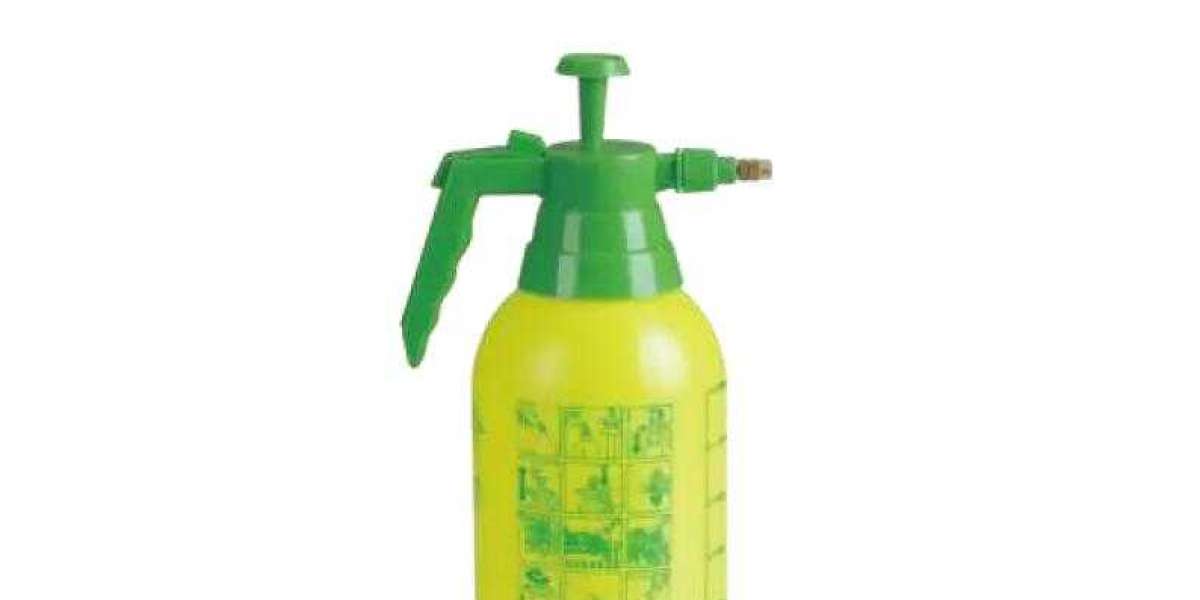In the realm of agriculture, the choice of equipment plays a pivotal role in ensuring the health and vitality of crops. Two essential tools that farmers frequently utilize for crop care are Pump Sprayer and Agricultural Sprayer. This article delves into the comparative aspects of these two devices, exploring their applications, advantages, and considerations in the agricultural landscape.
Pump Sprayer: Versatility in Handheld Precision
Pump sprayers, also known as hand sprayers, are compact and versatile tools designed for precision application of liquids. They are commonly handheld and operated manually, making them suitable for small to medium-sized agricultural tasks. The mechanism involves pressurizing the liquid within the container by pumping, allowing for a controlled and targeted spray.
One of the primary advantages of pump sprayers is their portability and ease of use. Farmers can effortlessly carry these sprayers across the fields, reaching specific plants or areas that require individual attention. The ability to navigate through crops with precision makes pump sprayers ideal for tasks such as spot treatment, applying fertilizers, or addressing pest-related issues on a localized scale.
The simplicity of pump sprayers also extends to maintenance. With fewer components, these sprayers are easy to clean, ensuring that different solutions can be applied without the risk of cross-contamination. The manual operation eliminates the need for batteries or power sources, providing farmers with a reliable and cost-effective solution for targeted applications.
However, it's crucial to acknowledge the limitations of pump sprayers. Their manual operation can be labor-intensive, especially when covering extensive areas. Additionally, the spray distance may be limited compared to larger, more powerful alternatives. This makes pump sprayers more suitable for smaller farms or specific tasks where precision is paramount.
Agricultural Sprayer: Powering Efficiency in Large-Scale Operations
In contrast, agricultural sprayers are designed to cater to the demands of large-scale farming operations. These sprayers, often mounted on vehicles or tractors, harness power from engines or power take-off (PTO) systems to propel the spraying mechanism. Agricultural sprayers come in various types, including boom sprayers and air-assisted sprayers, each tailored to specific needs.
The standout feature of agricultural sprayers is their efficiency in covering vast expanses of farmland. The mounted design allows for quicker and more extensive coverage, making them indispensable for large crop fields. The ability to adjust the spraying pattern and intensity ensures uniform distribution of fertilizers, pesticides, or other solutions across the entire field.
Moreover, agricultural sprayers can be equipped with advanced technologies, such as GPS-guided systems and automated controls. These features contribute to precise application, reducing wastage and optimizing the use of resources. The integration of technology enhances the overall effectiveness of agricultural sprayers in managing crop health and maximizing yield.
However, the advantages of agricultural sprayers come with certain considerations. The initial investment and operating costs are higher compared to manual pump sprayers. Maintenance and repair may also require specialized knowledge, necessitating periodic inspections to ensure optimal performance. The sheer power of these sprayers requires responsible handling to prevent over-application or environmental impact.
Choosing the Right Tool for the Task
The choice between a pump sprayer and an agricultural sprayer ultimately depends on the scale and nature of the farming operation. For smaller farms or tasks that demand precision, the portability and simplicity of a pump sprayer may be the preferred solution. On the other hand, large-scale operations benefit from the efficiency and coverage capabilities of agricultural sprayers.
In conclusion, both pump sprayers and agricultural sprayers play crucial roles in modern agriculture, each offering unique advantages based on the scale and requirements of the task at hand. As technology continues to evolve, we can anticipate further innovations in both categories, providing farmers with an array of tools to enhance crop care and promote sustainable agricultural practices.








